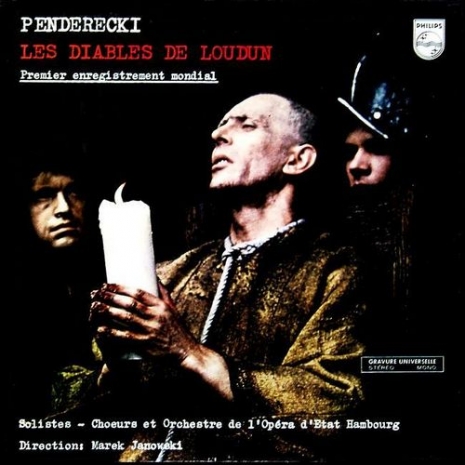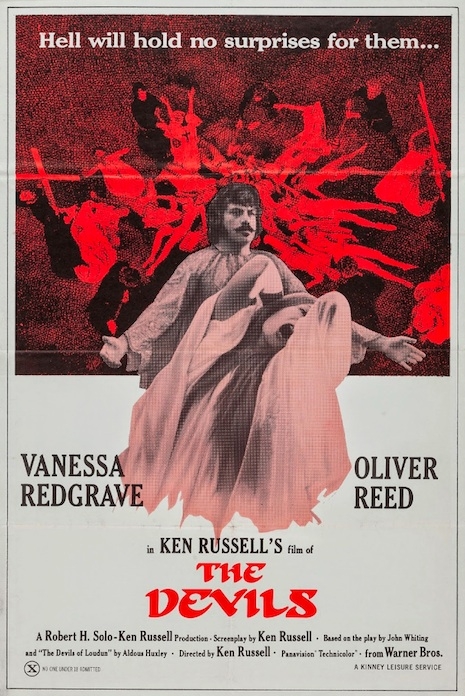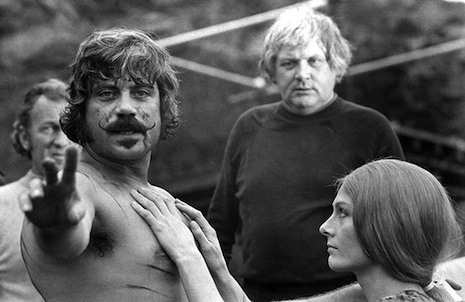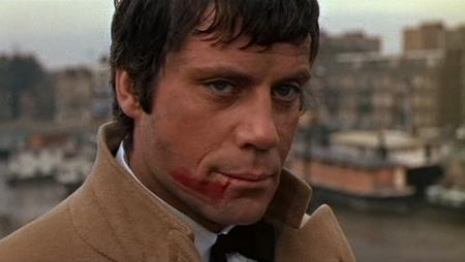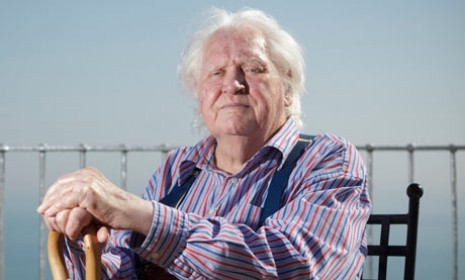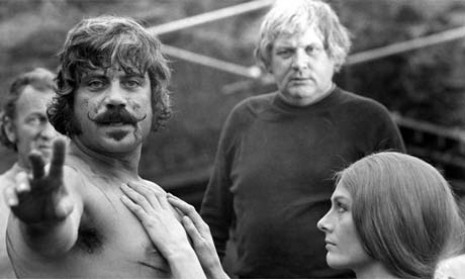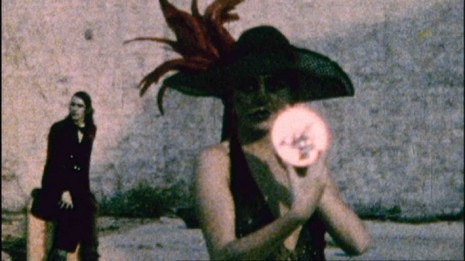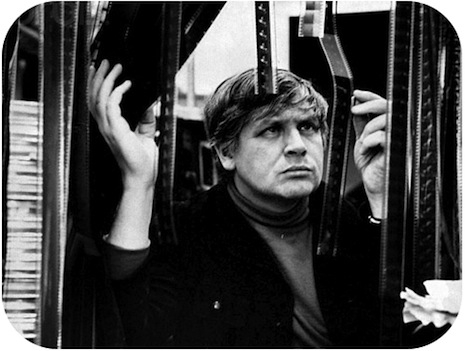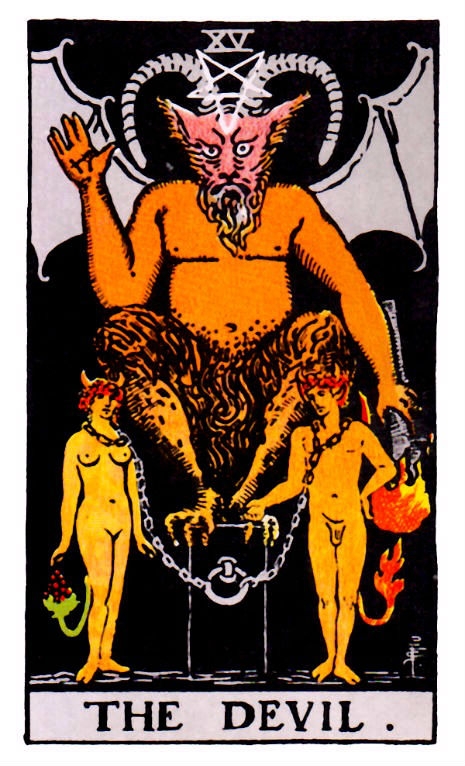
Catholic priest Urbain Grandier was burned at the stake in 1634 for allegedly bewitching a convent full of nuns in the French town of Loudun. The accusation came about not because of what Grandier did, but rather because of what he didn’t do.
Grandier was a bit of a lad, a controversial churchman, who was known for having sexual relations with his female parishioners. He also questioned the validity of clerical celibacy and was often critical of the church and King Louis XIII. He was a bit of a “hip priest,” you might say with leanings towards the Left. However, all this was unimportant compared to the ire he inspired after ignoring the advances made to him by the horny Mother Superior, Sister Jeanne of the Angels, at the local Ursuline convent.
Sister Jeanne wanted Grandier for her own sexual gratification and hoped to snare the priest by offering him the position of spiritual director at the convent. When Grandier rejected Sister Jeanne’s advances, she planned his downfall. Sister Jeanne offered the position to Grandier’s rival and bitter enemy, Canon Mignon. Once appointed, Sister Jeanne and several other nuns accused Grandier of using Satan to send demons to seduce the convent.
After the nuns where brutally interrogated (described as being like “a rape in a public toilet”), Grandier was arrested, tortured and put on trial. However, he was acquitted.
On his release, Grandier made the mistake of attacking Cardinal Richelieu, who was King Louis XIII’s powerful First Minister. Richelieu ordered Grandier to be tried again, and although the nuns retracted or refused to give statements, new evidenced was “uncovered” and Grandier was again charged with witchcraft, tortured, and this time convicted and sentenced to death. It was a political decision, instigated by Richelieu to dispose of a troublesome and possibly dangerous priest.
During this second trial, the state prosecutor presented a document which was said to be proof of a pact between Grandier and the Devil.
The document was written sdrawkcab (backwards), sealed in blood, covered with various occult symbols, and signed by Grandier, a selection of demons, and Lucifer, himself:
We, the influential Lucifer, the young Satan, Beelzebub, Leviathan, Elimi, and Astaroth, together with others, have today accepted the covenant pact of Urbain Grandier, who is ours.
And him do we promise the love of women, the flower of virgins, the respect of monarchs, honors, lusts and powers.
He will go whoring three days long; the carousal will be dear to him.
He offers us once in the year a seal of blood, under the feet he will trample the holy things of the church and he will ask us many questions; with this pact he will live twenty years happy on the earth of men, and will later join us to sin against God.
Bound in hell, in the council of demons.
Lucifer
Beelzebub
Satan
Astaroth
Leviathan
Elimi
The seals placed the Devil, the master, and the demons, princes of the lord.
Baalberith, writer.
You’d think if you were selling your soul to the Devil, you might ask for a “Get Out of Jail” card. But alas, poor old Grandier didn’t have that option, and died at the stake. But at least now we know what the Catholic Church believe a pact with the Devil looks like
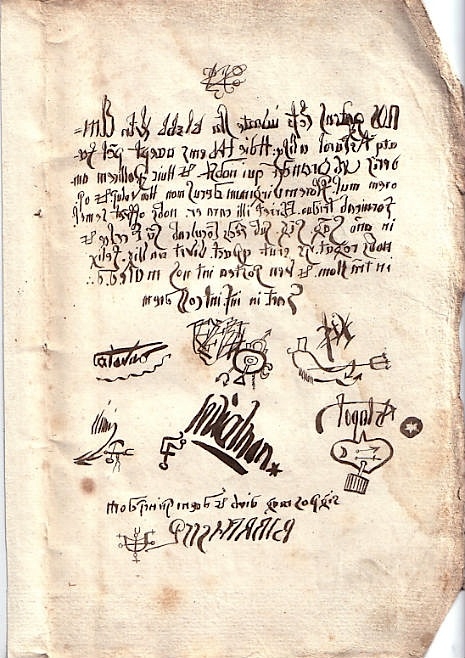
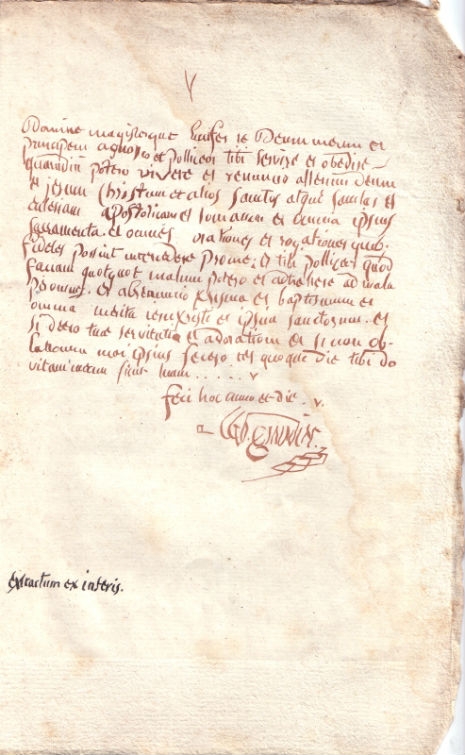
You may know this story if you’ve seen Ken Russell’s film The Devils, with Oliver Reed as Grandier, and Vanessa Redgrave as Sister Jeanne; or read the book, upon which the film is based, The Devils of Loudun by Aldous Huxley. If not, here’s the film’s trailer to tempt your very soul.
